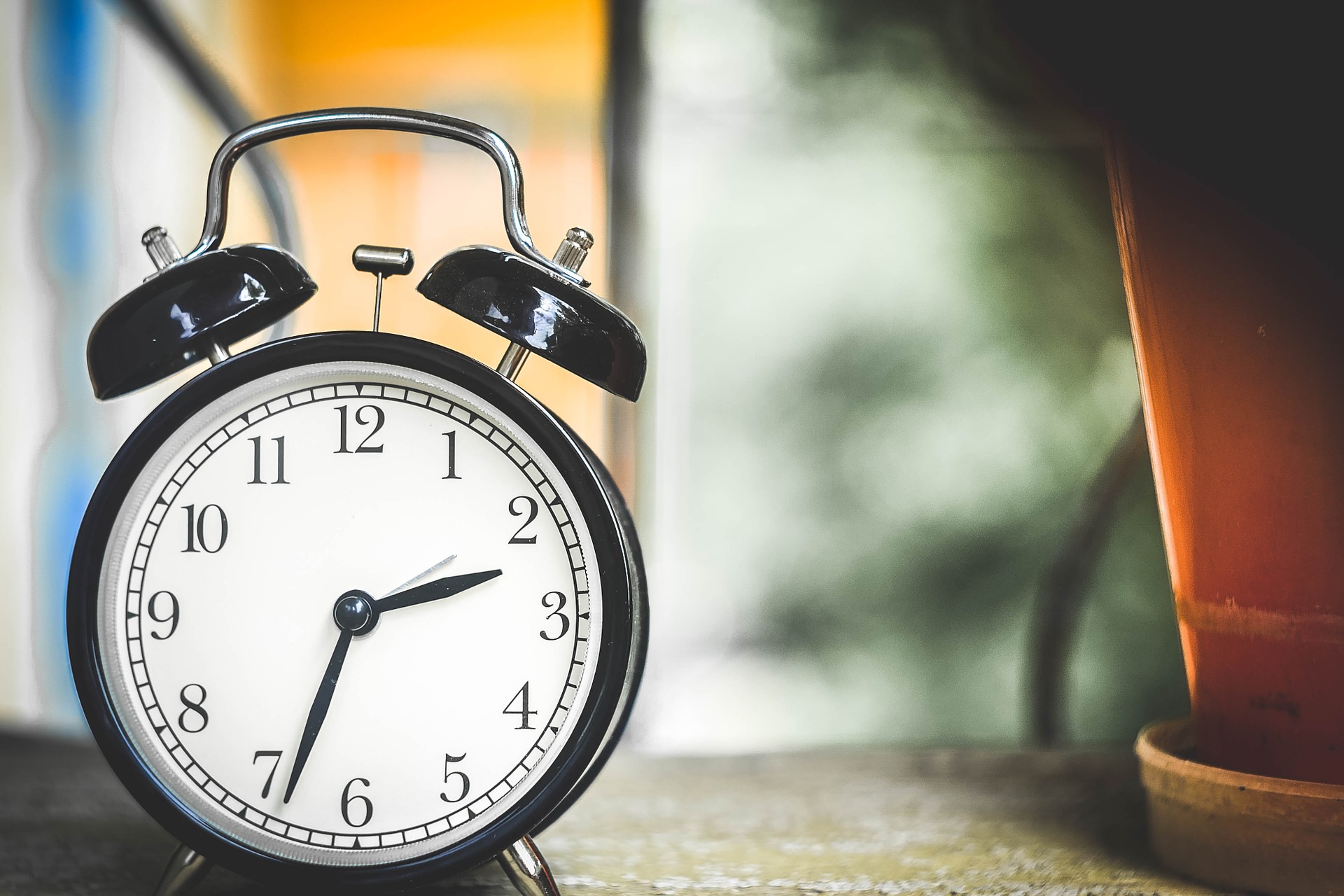You want to do a lot of things. Go to work, spend time with family, hit the gym, hang out with friends, write a book, travel the world…but there’s just not enough time. The problem with modern life is not a lack of time as much as it is a lack of clear priorities and an obvious shortage of energy. There’s a reason they say if you want something done then you should give it to the busiest people. As I’ve mentioned before, students who used to take 18 credits were usually the ones who were on top of all their courses. Of course you can probably bring about the chicken-or-egg argument that maybe they took 18 credits because they had good time management skills, but that was not always the case. I met a student who diversified her load across the years and admitted she was most efficient when she was taking 18 credit hours because she just couldn’t afford to waste time.
Personally I’m still dealing with this challenge myself, and a few tips I’ve learned over the years are;
– Decide from the start what you’re not going to waste your time on. I’ve written in the previous post on how to deal with our generation’s IO (or Information Overload).
– Make a list of all the things you would like to focus on if you had extra time. Warren Buffet’s famous 5-25 rule is to list down the 25 things you want to do in the order you really want to do them. Then he says, “now take the top 5 and separate it from the bottom 20. And never look at the bottom 20 again.” That’s the sort of extreme that people with chronic FOMO disorder might not feel comfortable doing (what if the thing that will really, truly change their lives forever is #6)? So you might want to modify it to ‘Focus on 3 things per year’.
– Keep an hourly log for a week of everything you work on from the moment you open your eyes to the moment you go to sleep. Don’t limit your log to what you do, but also to the amount of energy consumed by each task; be it physical energy, emotional energy or cognitive energy. Unless you’re on a treadmill that measures how many calories you’ve lost, you’ll most probably use generic words to qualitatively describe your energy consumption. In other words, there isn’t really a science to this. An example might be;
–>9-5; work. All my cognitive energy is drained. Can’t work on anything that requires me to think too much
–>8-10; social event. Emotional energy completely drained. Need to recharge by having some alone time [This is the case for introverts. Extroverts are the opposite].
–>7-8; exercise. Physical energy drained.
– Now pinpoint if the real source of your problem is a time constraint or an energy constraint. If it’s a time constraint you’re going to have to make some tough choices and cut out lower-priority items for your desired higher-priority item. If what you want to spend more time on is a hobby and not exactly a very-high-priority item, you might want to divide it into smaller tasks and do those in 5-10 minute bursts between other important tasks. If your problem is with energy, then you’ll have to somehow adapt to your energy cycle. So for instance, if you want to write a book and your main problem is you get cognitively drained after work then you might want to schedule some writing earlier in the day or during the weekend. Another example is, if you’re drained physically you might find it harder to stand in the kitchen for two more hours to cook an elaborate meal so you might not want to put gym workout with elaborate cooking on the same day.
Last but not least, forgive yourself. All of your resources are limited, and as much as you would love to tackle everything with the energy of a Duracell Bunny, you just can’t. The body needs rest. It needs its eight hours of sleep to stay healthy, but that’s a discussion for another day.
Like this article? Share it with your friends on Facebook, Like the Facebook Page, and subscribe to the weekly newsletter by entering your email above the red Subscribe button (on the left sidebar of the webpage) and get your FREE copy of “20 Ways To Boost Your Mood Instantly”
Image via: pixabay.com
